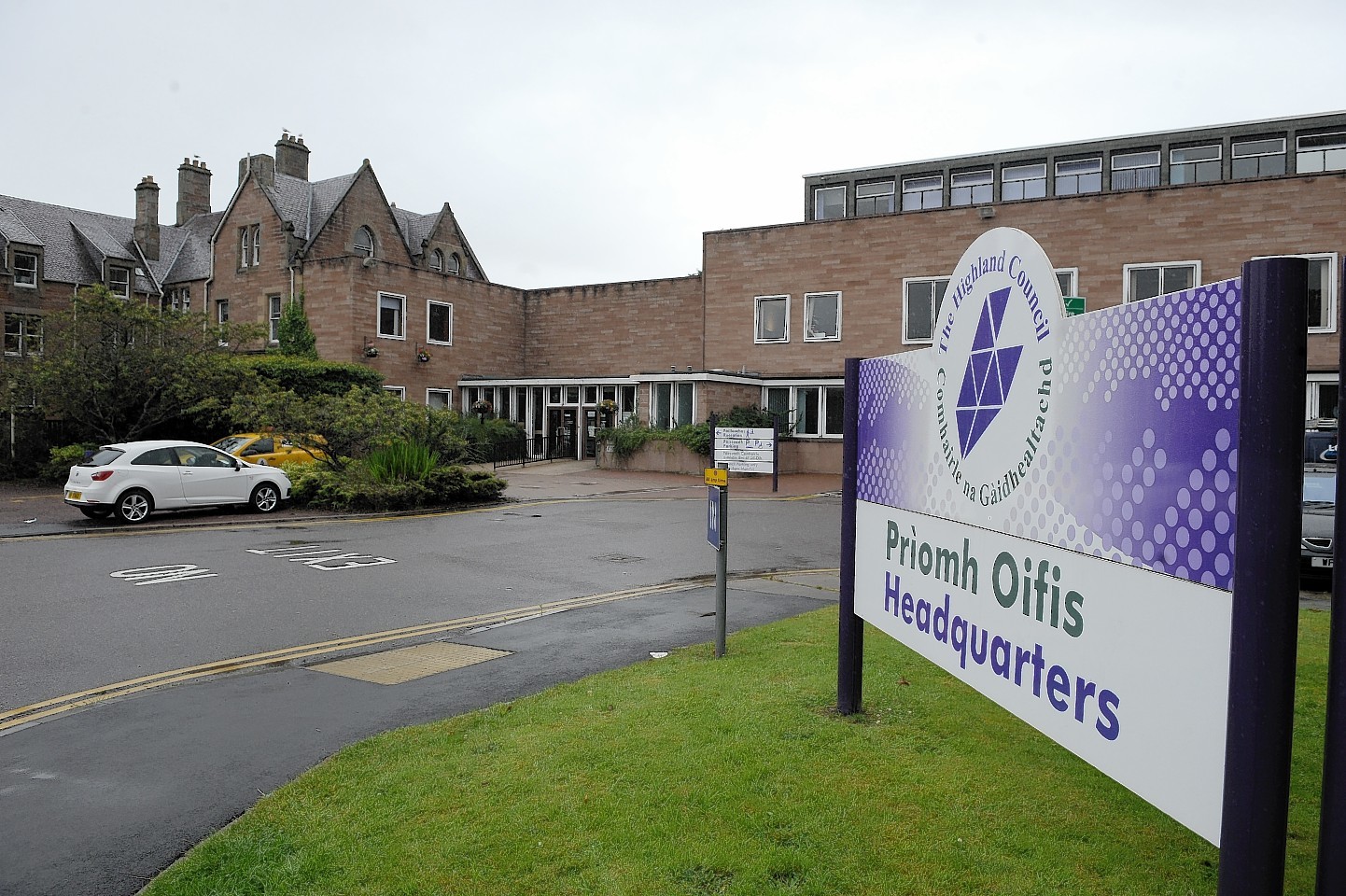To date there has been lack of clarity by Highland Council on how the promised service transformation is to be achieved.
Much of it hinges around re-allocation of staff, although the council has always maintained there will be no redundancies.
Chief Executive Donna Manson said: “We need to use the resource much better and more flexibly, and that means deploying PSAs where they are most needed within a school cluster.”
She insisted that children with severe and complex needs would continue to receive the support they need, adding: “If a child needs two PSAs at certain times of day, at other times, those PSAs might be free to help other children. It’s about flexible working.”
Mrs Manson said this year will see the introduction of a training programme for teachers and PSAs, which will start next month.
“Other councils put training in place in things like dyslexia and dyspraxia for teachers before they even start,” she said. “We haven’t done that in Highland. Two full days of ASN training are being allocated to teachers from May.”
She said some school clusters were looking at having quiet bases for PSAs to settle children before the school day started.
“Calming children and taking them into school when they’re ready might free up a PSA to attend to other children’s needs afterwards.
“We have 45 janitors’ houses in Highland, which could be used in this way.”
Mrs Manson said work was underway to put parent and pupil advocates in place from the Third Sector.
She said: “We are setting up systems for young people, like the Highland Ambassadors for Inclusion, to work with us.”
The new systems could gradually replace the 1-4 Levels used for defining a child’s needs.
Child Plans would also be managed better, Mrs Manson said. “In Highland we have 5,000 Child Plans. That’s a lot of paperwork. In Glasgow they have 2,000.
“I would rather we allocated severe and complex needs resources for a child from four years old and for their school career, rather than filling in paperwork to get them access to the resource each year.”
